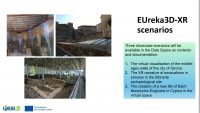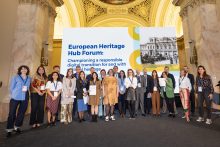On 3-7 February 2014, at the School of Industrial Engineering of Barcelona, a workshop was held on Mobile Apps and Augmented Reality. The workshop was organised by RICHES’ partner I2CAT (Internet and Digital Innovation in Catalonia, research organisation promoting research and innovation in advanced internet technology), in the framework of I AM project (International Augmented Med).
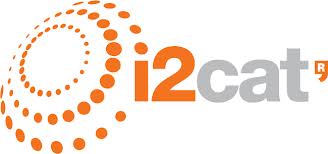
I AM is an international cooperation project involving fourteen partner organisations in seven countries around the Mediterranean Sea. It is funded by the 2007-2013 ENPI CBC Mediterranean Sea Basin Programme. The 14 partners work to develop joint activities to provide innovative services to the tourism sector in each of their countries, with the aim of assisting economic development in the Mediterranean region. The innovative services consist in the application to a number of heritage sites of a variety of multimedia and interactive techniques in the field of Augmented Reality.
Mobile applications and Augmented Reality technologies offer new opportunities for heritage and tourism. A new market is under development and specific skills are required to offer innovative products adapted to the market needs.

As mobile devices become more powerful in terms of interactivity, data gathering and Internet access, Augmented Reality apps are increasing.
They have the opportunity to augment, enhance and transform user’s experience.
Barcelona 3-7 February’s workshop explored the design, development and user studies associated to mobile Augmented Reality. In particular, discussion topics were focused on:
- Design of mobile Augmented Reality Apps
- Augmented Reality for Heritage and Tourism
- Augmented Reality for Marketing
- Augmented Reality Games, Entertainment and Education
- Exploration currently standards, available tools and devices
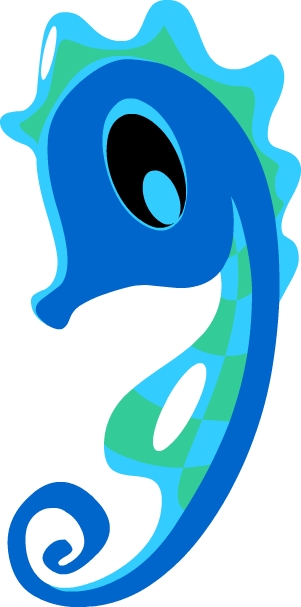
I AM mascot “Blue”
The workshop was conceived as a 5-days training, covering the global development chain, from understanding the business approach when working with mobile apps to the programing training.
Within this workshop the participants were provided with the knowledge and skills required to develop Augmented Reality experiences. It was discussed theoretical design approaches and practical frameworks, which will help developers to make Augmented Reality interfaces in mobile contexts.
The workshop had a great success, the maximum capacity of participants was reached before the ending of the requests.
Target audiences were: developers, SME’s, entrepreneurs and students willing to develop apps for heritage and tourism.
You can join the network and the active community around Augmented Reality and Video mapping for Heritage though the Linkedin Group; the presentations from all the training activities in the framework of the project (and specifically from the Barcelona workshop) are available online on the project website. You just need to register and the documents are available for download.
The call for grants is still open! Deadline by the 17/02/2014
For more information visit http://www.iam-project.eu/
View the event we published to announce the workshop

RICHES on Twitter: #richesEU
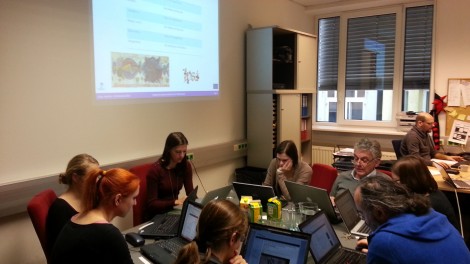 On 10th January 2014 a half-day workshop was conducted at the Austrian Centre for Digital Humanities (ZIM) at the University of Graz.
On 10th January 2014 a half-day workshop was conducted at the Austrian Centre for Digital Humanities (ZIM) at the University of Graz.

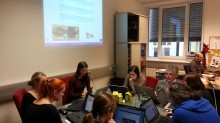
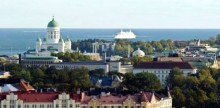
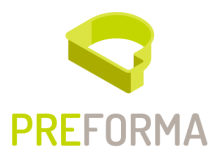
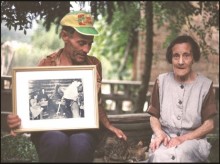
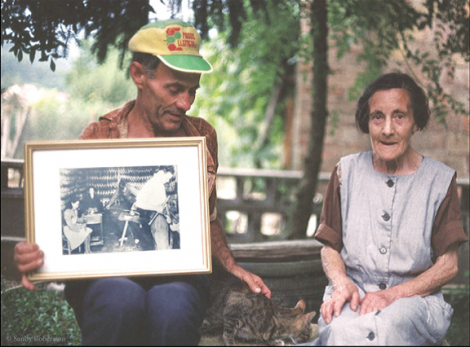
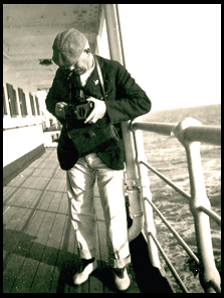
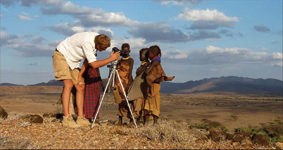
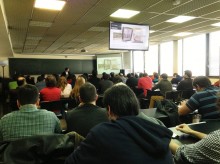




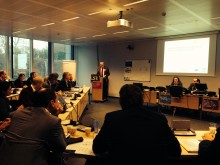
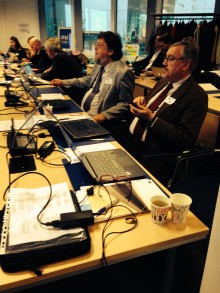 On February 10th, 2014 the Innovation Unit of the European Commission organised the 1st concertation meeting for ongoing Pre-Commercial Procurement projects. This represents a good opportunity to collect information about good practices and to bring up problems or questions.
On February 10th, 2014 the Innovation Unit of the European Commission organised the 1st concertation meeting for ongoing Pre-Commercial Procurement projects. This represents a good opportunity to collect information about good practices and to bring up problems or questions.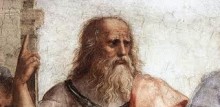
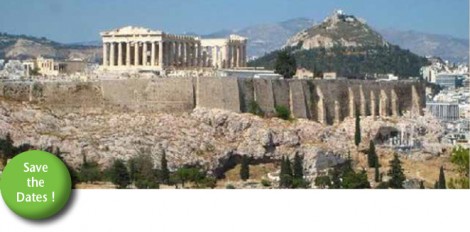
 The two-day event appealed to members of the SSH research community who are looking for networking and funding opportunities within Horizon 2020. It was of particular interest to researchers from universities and research organisations in the field of SSH, Civil Society Organisations & Non-governmental Organisations. SSH-relevant industries involved in Research and Innovation activities were also among the target audience. Established networks such as ERA-NETs were invited to attend. In addition, the conference targeted at research programme owners/managers as well as policy makers.
The two-day event appealed to members of the SSH research community who are looking for networking and funding opportunities within Horizon 2020. It was of particular interest to researchers from universities and research organisations in the field of SSH, Civil Society Organisations & Non-governmental Organisations. SSH-relevant industries involved in Research and Innovation activities were also among the target audience. Established networks such as ERA-NETs were invited to attend. In addition, the conference targeted at research programme owners/managers as well as policy makers.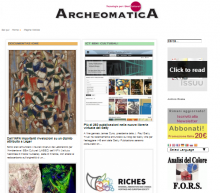
 Archeomatica is a multidisciplinary magazine, printed in Italy and published also online, devoted to the dissemination of advanced methodologies, emerging technologies and techniques for the Cultural Heritage’s knowledge, documentation providing, preservation and improvement. Archeomatica is open access, believing that the research results freely available to the public improve the global knowledge exchange. Its contents and its objectives are certainly in line with RICHES’ ones and the magazine presented itself as an appropriate tool for the project’s dissemination.
Archeomatica is a multidisciplinary magazine, printed in Italy and published also online, devoted to the dissemination of advanced methodologies, emerging technologies and techniques for the Cultural Heritage’s knowledge, documentation providing, preservation and improvement. Archeomatica is open access, believing that the research results freely available to the public improve the global knowledge exchange. Its contents and its objectives are certainly in line with RICHES’ ones and the magazine presented itself as an appropriate tool for the project’s dissemination.
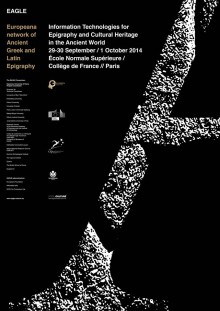
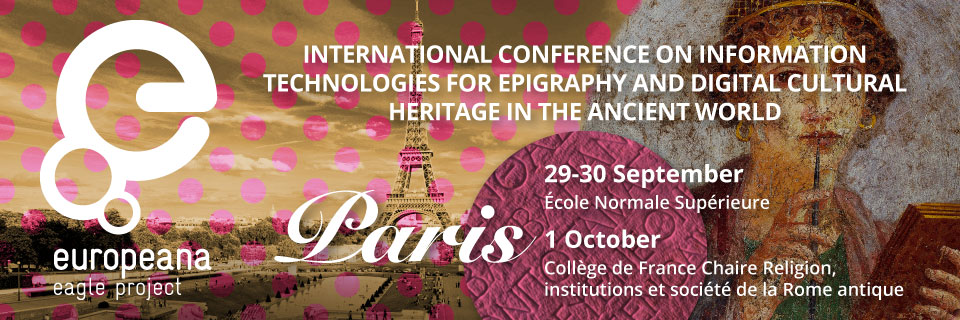
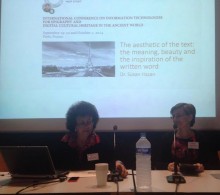
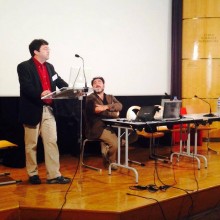

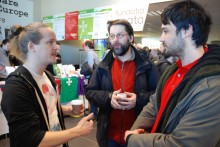
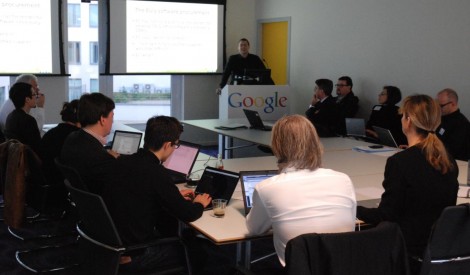
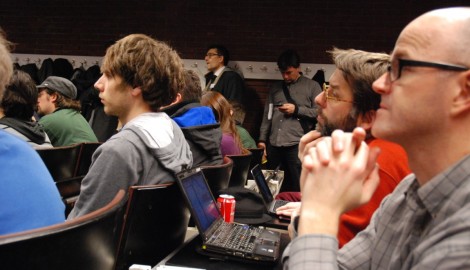
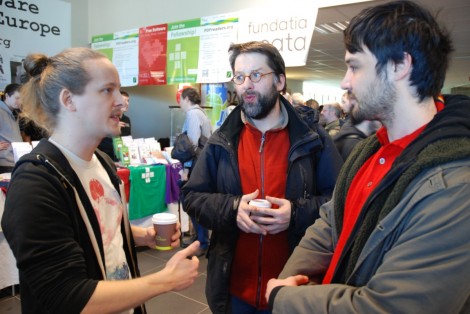
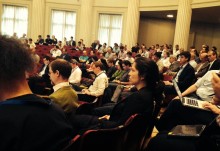
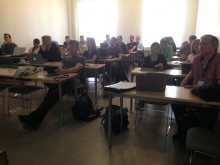 WORKSHOP DESCRIPTION
WORKSHOP DESCRIPTION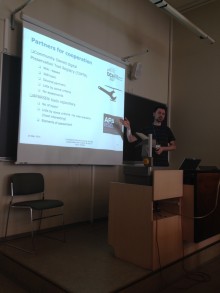 PRESENTATIONS
PRESENTATIONS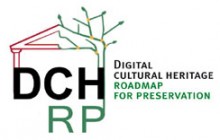 THE DCH-RP PROJECT
THE DCH-RP PROJECT If you have interesting news and events to point out in the field of digital cultural heritage, we are waiting for your contribution.
If you have interesting news and events to point out in the field of digital cultural heritage, we are waiting for your contribution.





























